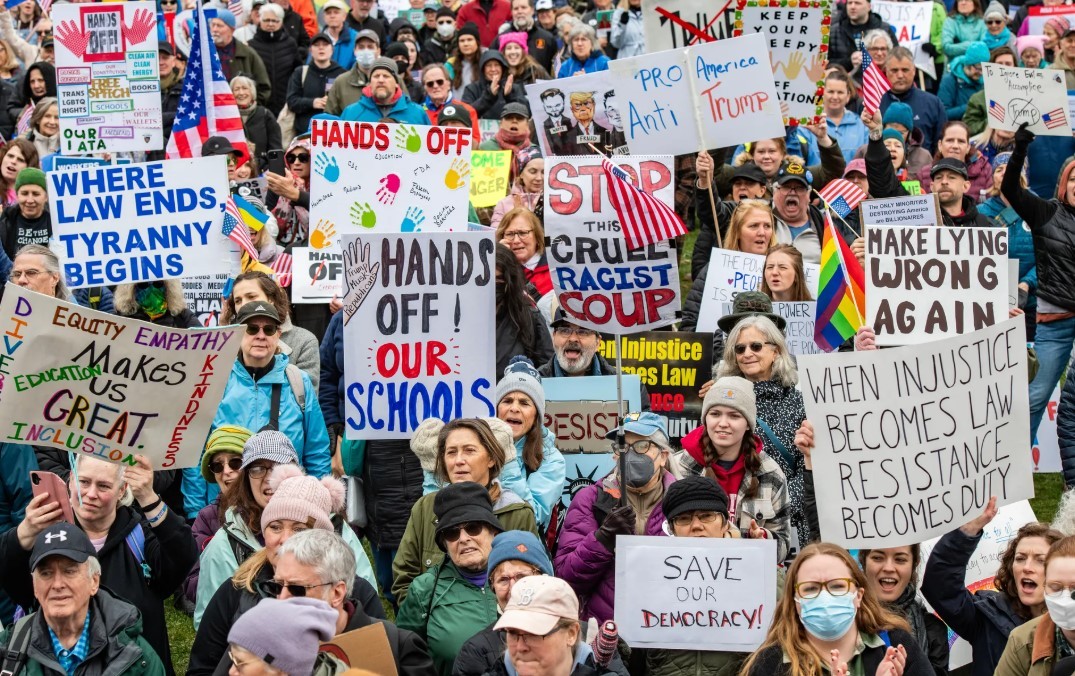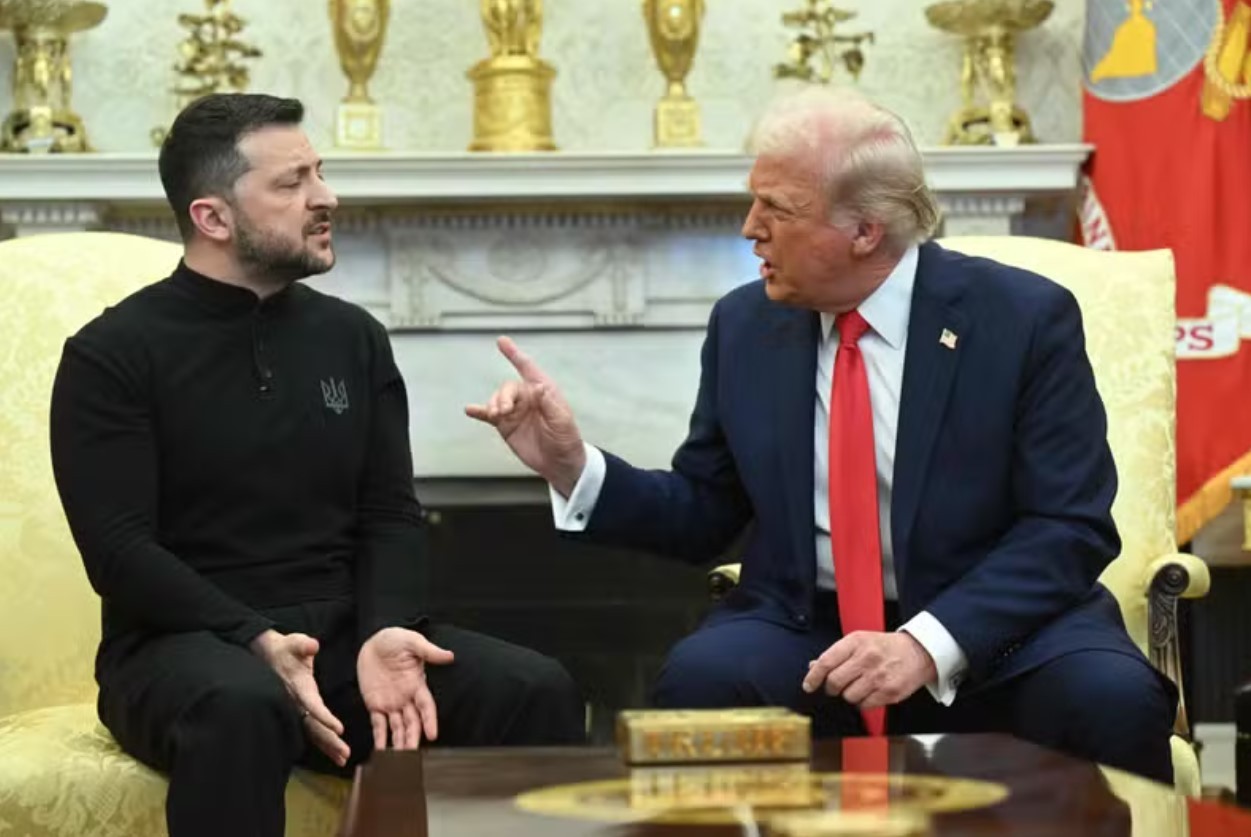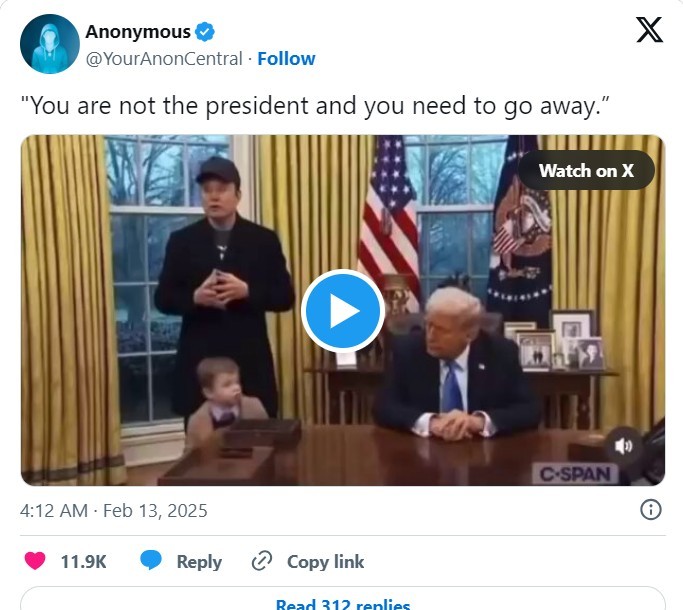Who is Gustavo Petro,Colombian President? Biography, Family Life, Political Career, And Net Worth
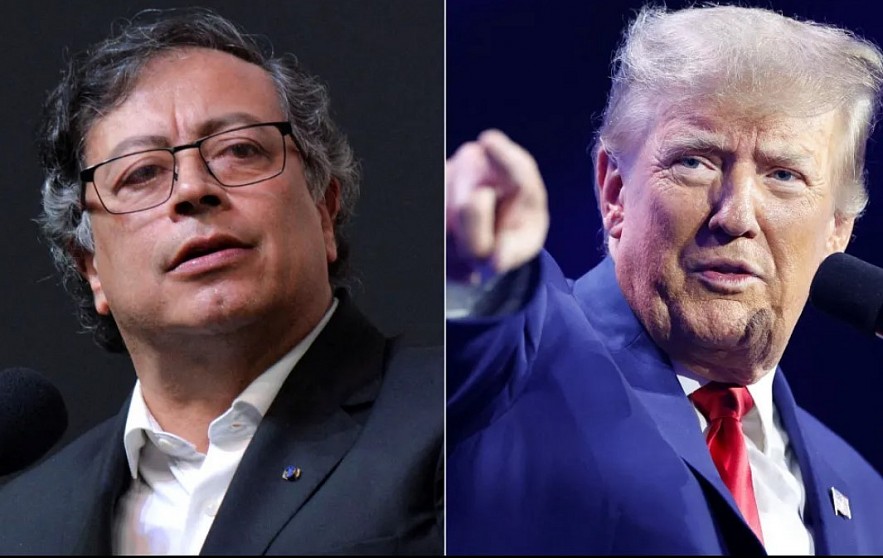 |
| Colombian President Backs Down on Refusal to Accept Migrants after Trump Threats |
Who is Gustavo Petro?
Gustavo Petro, Colombia’s current president, has become one of the most notable figures in Latin American politics. From his early beginnings as a controversial political activist to his ascent to the presidency, Petro’s life is marked by both significant achievements and polarizing decisions.
Learn more: Who is Gustavo Petro - Colombia’s President: Biography, Personal Life, Political Career
Gustavo Petro and Donald Trump Standoff Over Migrant Deportation Flights
Colombian President Gustavo Petro and U.S. President Donald Trump engaged in a heated diplomatic standoff over migrant deportation flights. The controversy began when Colombia denied landing rights to two U.S. military planes carrying deported Colombian migrants, prompting Trump to announce retaliatory measures, including tariffs, sanctions, and travel bans. Colombia, a key trading partner of the U.S., quickly threatened reciprocal 50% tariffs on U.S. goods.
Trump accused Petro of reneging on prior agreements to accept deportation flights, labeling Colombia’s actions a threat to U.S. national security. Petro criticized the U.S.’s use of military aircraft for repatriation, arguing it treated migrants as criminals. He announced that Colombia would accept deported citizens only on civilian planes, emphasizing the country’s refusal to carry out punitive actions against undocumented Americans in Colombia. Petro also criticized broader U.S. deportation practices as “degrading,” echoing concerns from other Latin American nations.
Gustavo Petro: Early Life and Biography
Gustavo Francisco Petro Urrego was born on April 19, 1960, in Ciénaga de Oro, Córdoba, Colombia. Raised in a modest family, Petro spent much of his childhood in Zipaquirá, a town outside Bogotá. Growing up in an economically disadvantaged environment shaped his early awareness of social and economic inequality in Colombia.
In his youth, Petro became deeply involved in activism. He joined the guerrilla group M-19 during the 1970s, a leftist organization that sought to challenge the Colombian government through armed struggle. Petro’s involvement in M-19 remains one of the most controversial aspects of his life. Though he was never involved in combat, he participated in organizational and political roles within the group. Following the demobilization of M-19 in 1990, Petro transitioned into democratic politics, advocating for peace and reconciliation.
Gustavo Petro: Education
Petro holds a degree in economics from the Externado University of Colombia. His academic pursuits were driven by a desire to understand the structural causes of inequality in the country. Later, he continued his education abroad, studying public administration at the Escuela Superior de Administración Pública (ESAP) and completing advanced studies in development and population economics at Louvain University in Belgium. This academic background provided Petro with the tools to craft policies aimed at addressing Colombia’s deep-rooted socio-economic challenges.
Personal Life and Family
Petro is married to Verónica Alcocer, a prominent social activist and public figure. The couple has three children: Nicolás, Sofía, and Antonella. Alcocer, known for her charisma and advocacy for social causes, has played an active role in Petro’s public life, often appearing by his side at official events. The family maintains a relatively private lifestyle, despite Petro’s high-profile political career.
In addition to his immediate family, Petro has remained close to his extended family, emphasizing the importance of community and support in his personal and professional life. His upbringing and family values continue to influence his political philosophy, which centers on reducing inequality and promoting social justice.
Political Career
Gustavo Petro’s political career began in earnest after the demobilization of M-19. He was first elected to Colombia’s House of Representatives in 1991, representing Cundinamarca. Over the years, Petro established himself as a vocal critic of corruption and inequality. His tenure in Congress was marked by fiery speeches and rigorous investigations into scandals involving government officials and large corporations.
In 2011, Petro was elected Mayor of Bogotá, serving until 2014. His term as mayor was both transformative and contentious. He implemented progressive policies focused on public transportation, waste management, and social programs for marginalized communities. However, his administration faced criticism for inefficiency and confrontations with political opponents.
Petro’s rise to the presidency in 2022 marked a historic moment for Colombia. As the first left-wing president in the country’s history, his victory represented a significant shift in Colombian politics. His platform emphasized social justice, environmental protection, and peacebuilding, appealing to a broad coalition of voters.
Wealth and Net Worth
Gustavo Petro’s net worth is relatively modest compared to many of his political counterparts. While exact figures are difficult to determine, Petro has consistently portrayed himself as a man of the people, avoiding ostentatious displays of wealth. Most of his assets are tied to his political career, public service, and family holdings. His financial transparency has been a key aspect of his political image, aligning with his anti-corruption stance.
Migrant Deportation
One of the most significant recent developments in Petro’s presidency involves his dealings with the United States on the sensitive issue of migrant deportations. In January 2025, tensions arose between Colombia and the U.S. after President Donald Trump threatened emergency tariffs of up to 50% on Colombian goods. The move was a response to Colombia’s initial refusal to accept deported migrants from the United States.
Facing the potential economic fallout of such tariffs, Petro quickly reversed his stance. In a surprising move, he not only agreed to Trump’s demands but also offered the Colombian presidential plane to assist in deportation efforts. Petro framed the decision as a demonstration of his government’s commitment to ensuring “decent conditions” for the migrants being returned to Colombia.
This decision sparked widespread debate both domestically and internationally. Critics accused Petro of caving to U.S. pressure and compromising his principles. Some viewed his actions as contradictory to his progressive platform, which prioritizes human rights and social justice. Others argued that his response was pragmatic, prioritizing Colombia’s economic stability over political ideology.
The event highlighted the complexities of international relations, particularly for a country like Colombia, which relies heavily on trade with the United States. Petro’s handling of the situation reflects the challenges faced by leaders in balancing domestic priorities with external pressures.
Legacy and Future Challenges
As Colombia’s president, Gustavo Petro faces immense challenges. His administration has sought to address issues such as poverty, inequality, and environmental degradation. However, his tenure has been marked by criticism from both political opponents and sectors of the public who question his ability to deliver on his ambitious promises.
The recent controversy with the United States underscores the difficulties of navigating international diplomacy while maintaining domestic credibility. Whether Petro’s decisions will strengthen or undermine his presidency remains to be seen. Regardless, his leadership has already left an indelible mark on Colombian politics, representing a break from traditional power structures and a step toward progressive governance.
In Conclusion
Gustavo Petro’s journey from guerrilla fighter to Colombia’s presidency is a testament to his resilience and determination. His life story encapsulates the complexities of Colombian society, marked by profound inequalities and a yearning for change. As president, Petro has faced both praise and criticism, navigating a turbulent political landscape while attempting to fulfill his vision for a more equitable Colombia. The recent events involving U.S. relations highlight the challenges of his presidency, offering a glimpse into the delicate balance between principle and pragmatism in the world of politics.
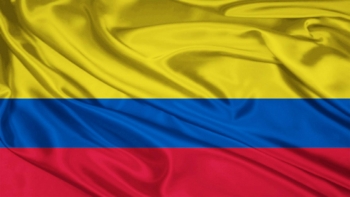 Colombian National Anthem: English Translation, Original Lyrics And History Colombian National Anthem: English Translation, Original Lyrics And History The "National Anthem of the Republic of Colombia" is the official name of the national anthem of Colombia. In the article below, we will learn ... |
 Top 10 Most Beautiful Colombian Women of All Time Top 10 Most Beautiful Colombian Women of All Time Do you concur that women in Colombia are the most beautiful in the world? Examine the ten most aesthetically pleasing Colombian women throughout history. |
 Top 10 Most Beautiful Colombian Women in 2025 Top 10 Most Beautiful Colombian Women in 2025 Colombian women are stunning, with luscious brown complexions and curvy bodies. Let's see which ten Colombian women will be the most attractive in 2025. |

